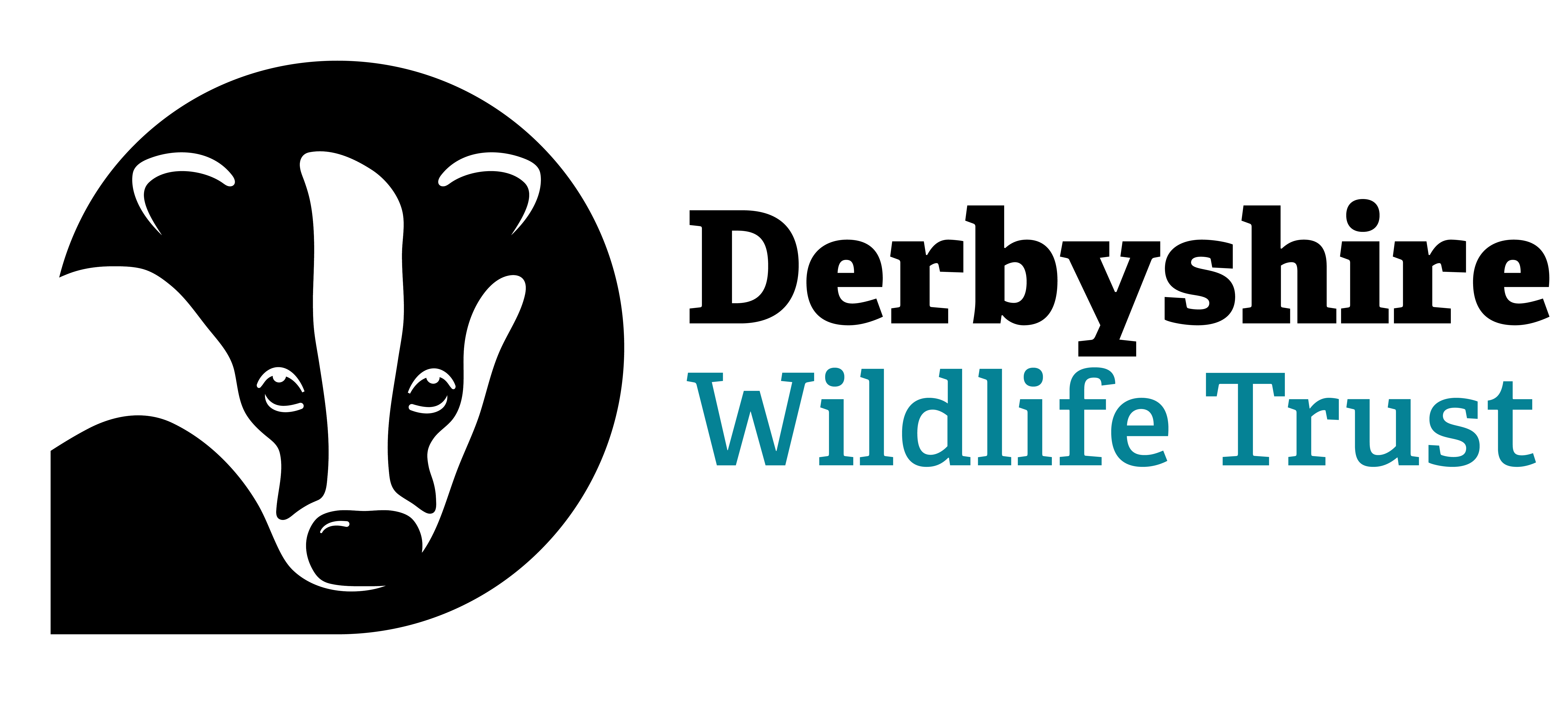A few weeks ago, we were delighted to host our Nature Returns partners in Derbyshire. Since Natural England started funding the programme, we’ve had the opportunity to visit some of the other fantastic projects being delivered by Gloucestershire Wildlife Trust, the National Trust and Plymouth City Council. Please see the logos of the partner organisations involved at the bottom of this blog post, as there are too many to name!
The programme to date has provided opportunities to share knowledge and tap into the huge diversity of skills and experience across our partner projects as well as build relationships within the sector. You can find out more about Nature Returns and our other partner’s projects here.
This time around it was DWT’s opportunity to host the forum, and a chance to share our progress and gather feedback on our Derwent Living Forest programme. We started the first day of the visit at Allestree Park, which is the largest urban rewilding project in the UK located just north of Derby. Before our tour of the site, RBG Kew gave a demonstration of the equipment used in their research into LiDAR data collection and the relationship with carbon sequestration. It was a great opportunity to understand how technology can support nature recovery at a landscape scale.



